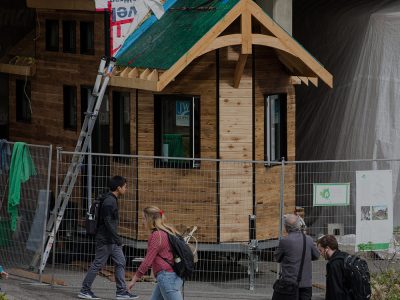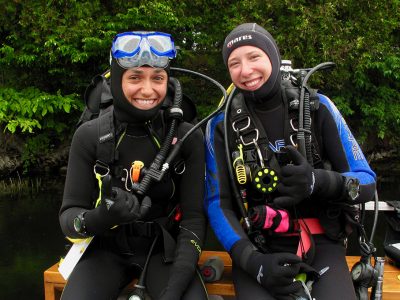By Dan Rubinstein
A delegation from Carleton University visited South Africa and Uganda in late May on a partnership building trip — a significant step towards Carleton’s goal of expanding international research and educational collaborations and an acknowledgement of Africa’s increasing importance on the global stage.
The trip embodies Carleton’s principles- and values-based approach to working with partners and aligns with the Africa Charter, a framework for advancing transformative research collaborations that will uphold the continent’s place in the global production of scientific knowledge.
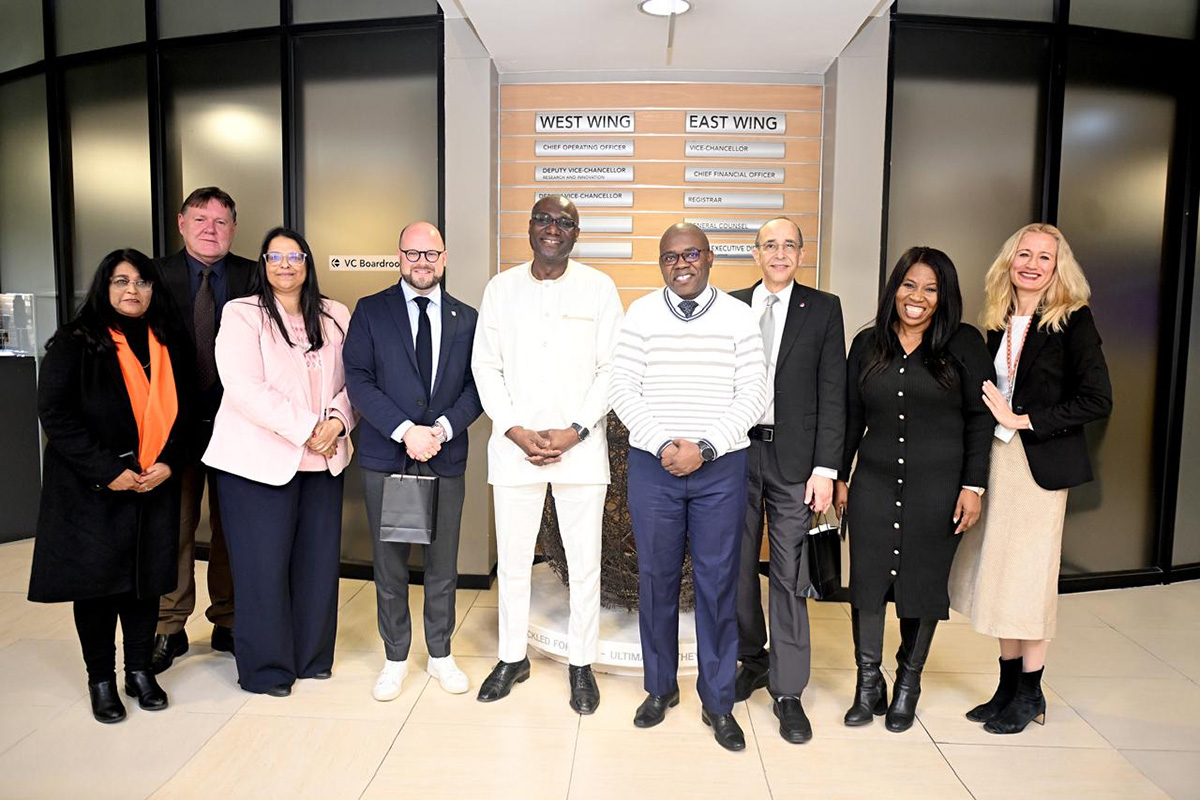
The Carleton University delegation met with officials at the University of Johannesburg
“Partnerships like the ones we’re building with universities and other organizations in Africa are crucial, considering the trend we’re seeing around the world of nations turning inwards,” said Carleton President Wisdom Tettey, who led the delegation.
“As universities, we need to look for bridges and opportunities to draw one another together.”
One of the ways in which Carleton is demonstrating its leadership is through the South Africa-Canada Universities Network (SACUN), which aligns higher education institutions in Canada with their partners in South Africa.
As SACUN’s anchor institution in Canada, Carleton coordinated the establishment of the network and is helping to execute plans to collectively address challenges such as reconciliation, climate change and sustainable development.
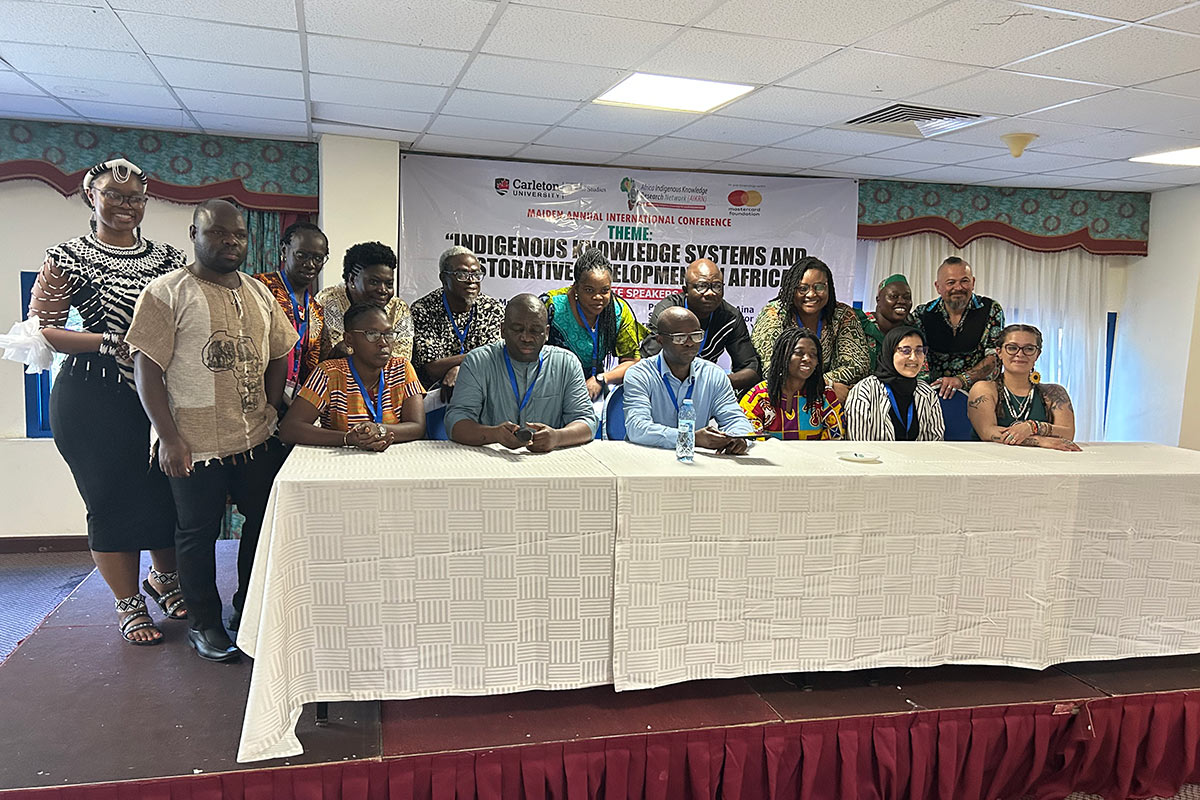
Indigenous Knowledge Systems
Among the stops during the trip was a conference in Entebbe, Uganda, to launch the African Indigenous Knowledge Research Network (AIKRN), which aims to connect African Indigenous knowledge with technology and global ideas in areas such as food security, biodiversity, natural resource management and environmental protection.
Supported by the Mastercard Foundation and led by Carleton African Studies researcher Samuel Ojo Oloruntoba, AIKRN aims to unlock entrepreneurship opportunities in Africa through the traditional knowledge, practices and beliefs held by Indigenous communities. Indigenous groups and institutions in Canada are among its members, including the First Nations University of Canada, which was represented in Uganda by President Jacqueline Ottmann.
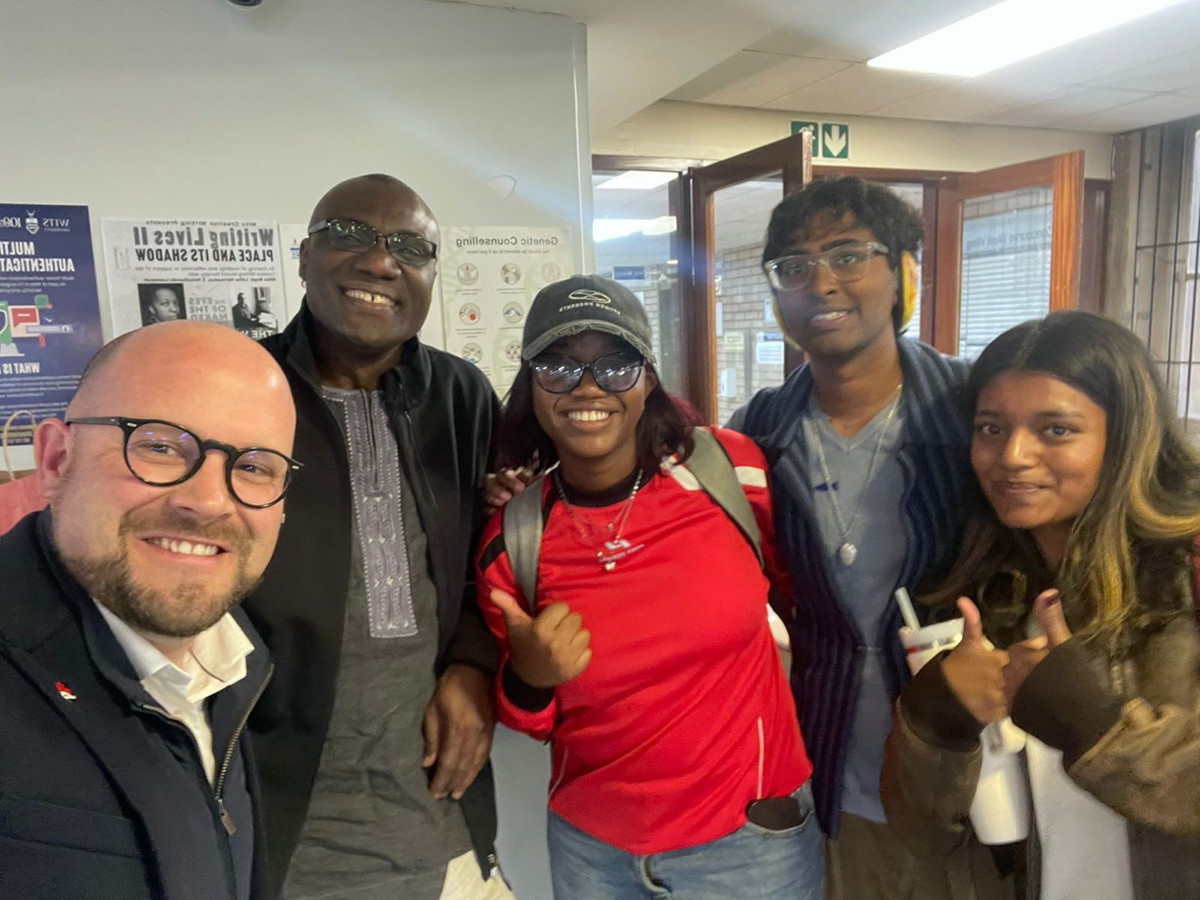
Carleton’s David Hornsby and President Wisdom Tettey with students at the University of the Witwatersrand in Johannesburg
In her virtual keynote address, Mastercard Foundation CEO Reeta Roy talked about the opportunities for economic transformation through Indigenous knowledge systems, noting that meaningful and lasting impact arises when communities lead the process.
The conference brought together scholars, practitioners, Indigenous community members, cultural leaders and youth from 16 countries: Australia, Botswana, Benin, Canada, Eritrea, Ethiopia, Ghana, Kenya, Morocco, Nigeria, South Africa, Tanzania, Togo, Uganda, the United States and Zambia.
Among the outcomes were the mentorship opportunities for young scholars; new ideas for integrating Indigenous knowledge into sustainable development; the creation of market access for Indigenous artisans; and support for smaller institutions by exposing them to international networks.
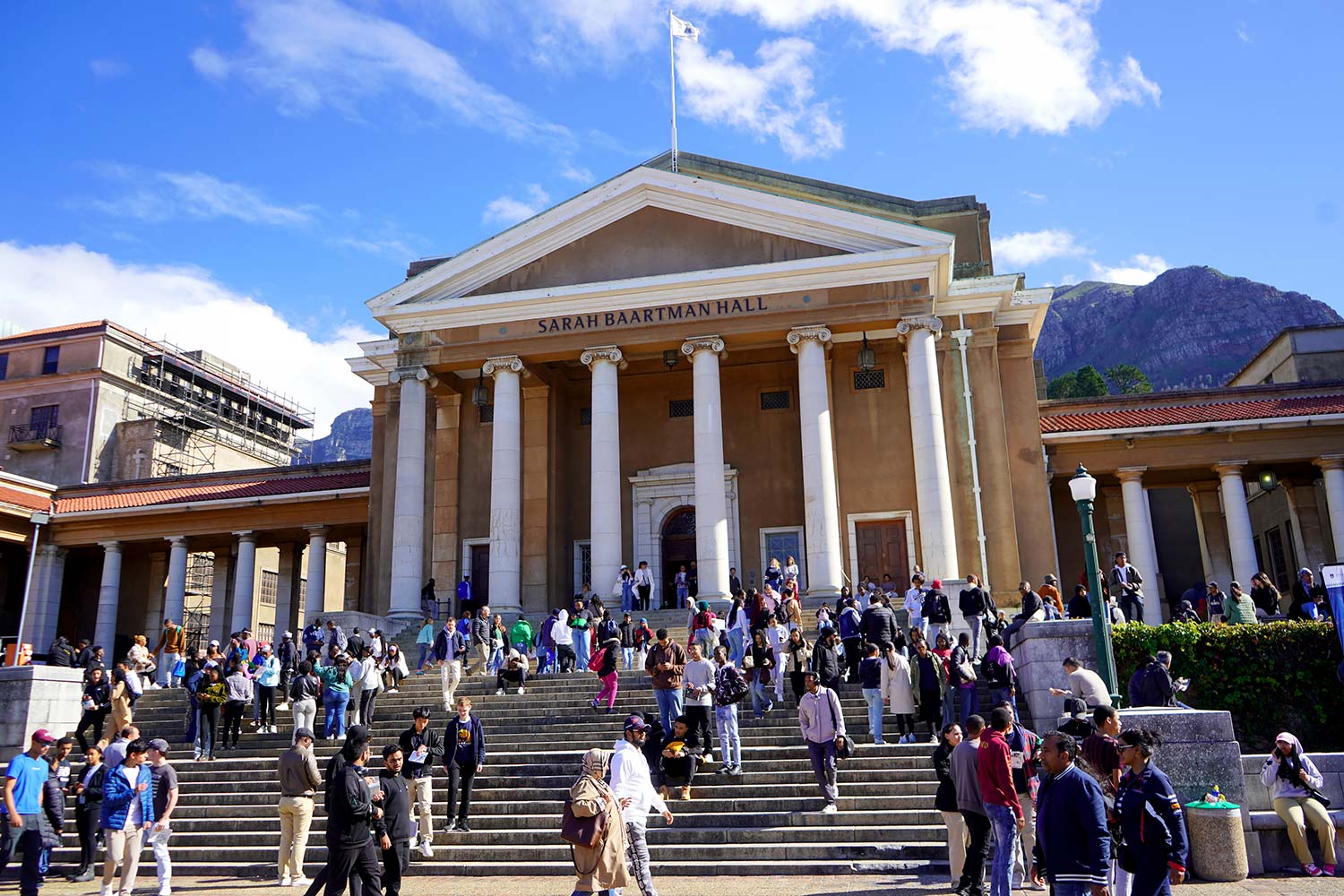
Amazing Things Together
The group from Carleton, which included Vice-President (Research and International) Rafik Goubran and Vice-Provost and Associate Vice-President (Academic) David Hornsby, also held a series of bilateral meetings with South African universities.
At the University of Cape Town, discussions with humanities scholars mapped out opportunities for connectivity in areas of shared interest such as the ethics and impact of artificial intelligence (AI). Among the action items coming out of this meeting were the possibility of a joint seminar series.
Discussions at the University of Johannesburg focused on joint degree programs and the pursuit of collaborative grants through SACUN. There were also conversations about joint pedagogical training opportunities to exchange teaching strategies, particularly around large classes and new educational technologies.
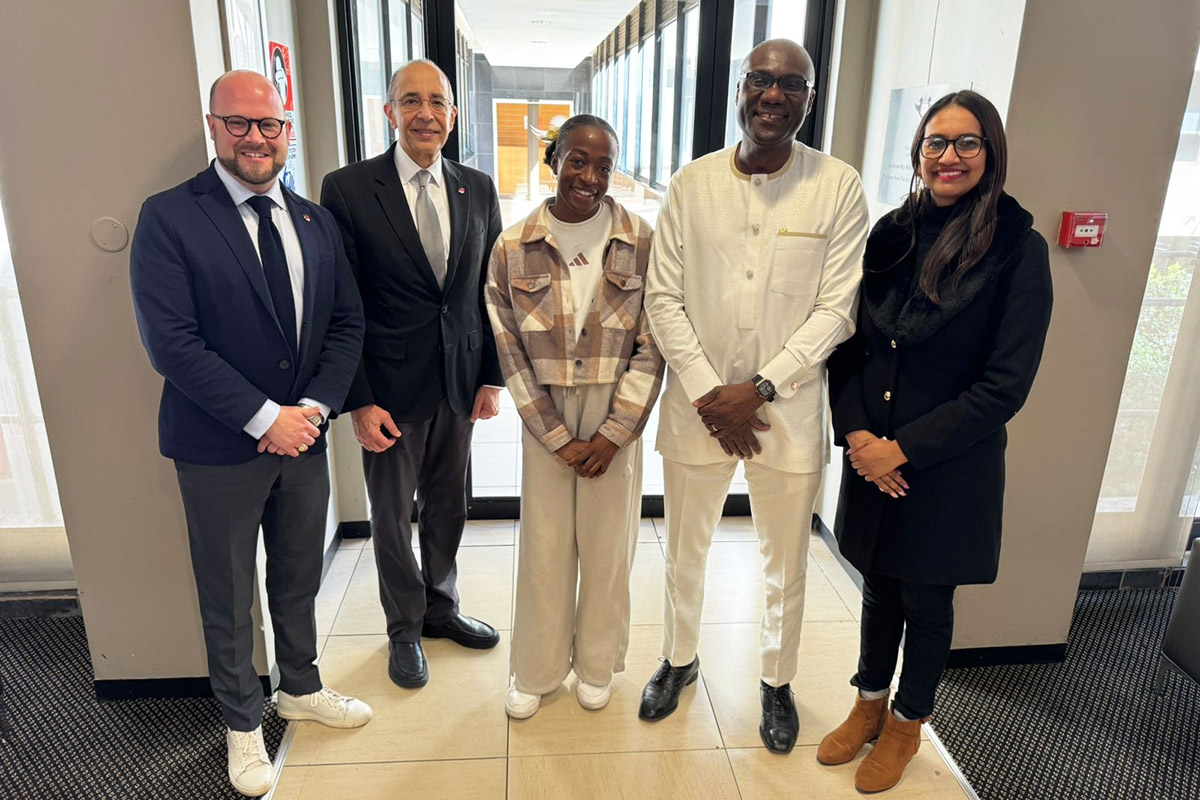
David Hornsby, Vice-President Rafik Goubran and President Tettey with scholars from the media studies program at the University of Johannesburg
At the University of the Witwatersrand, physics collaboration was on the agenda, in particular the Square Kilometre Array project in South Africa, the world’s largest radio telescope. Carleton researchers and Witwatersrand colleagues are already collaborating in areas such as particle physics but want to do more work together — for instance, supporting one another on researcher skill development and exporting Carleton’s undergraduate skill development FUSION program.
At the University of South Africa (UNISA), there was strong interest in collaboration around the digital humanities, online learning and AI, and UNISA’s participation in SACUN was also discussed.
Opportunities to utilize the SACUN call for grants were discussed at the University of Pretoria, where Carleton has established a new partnership, with plans to explore additional shared funding streams together.
At Stellenbosch University, beyond talking about the school’s participation in SACUN, Carleton met with professors from the Faculty of Engineering to talk about AI, among other subjects, and potential collaborative research projects.
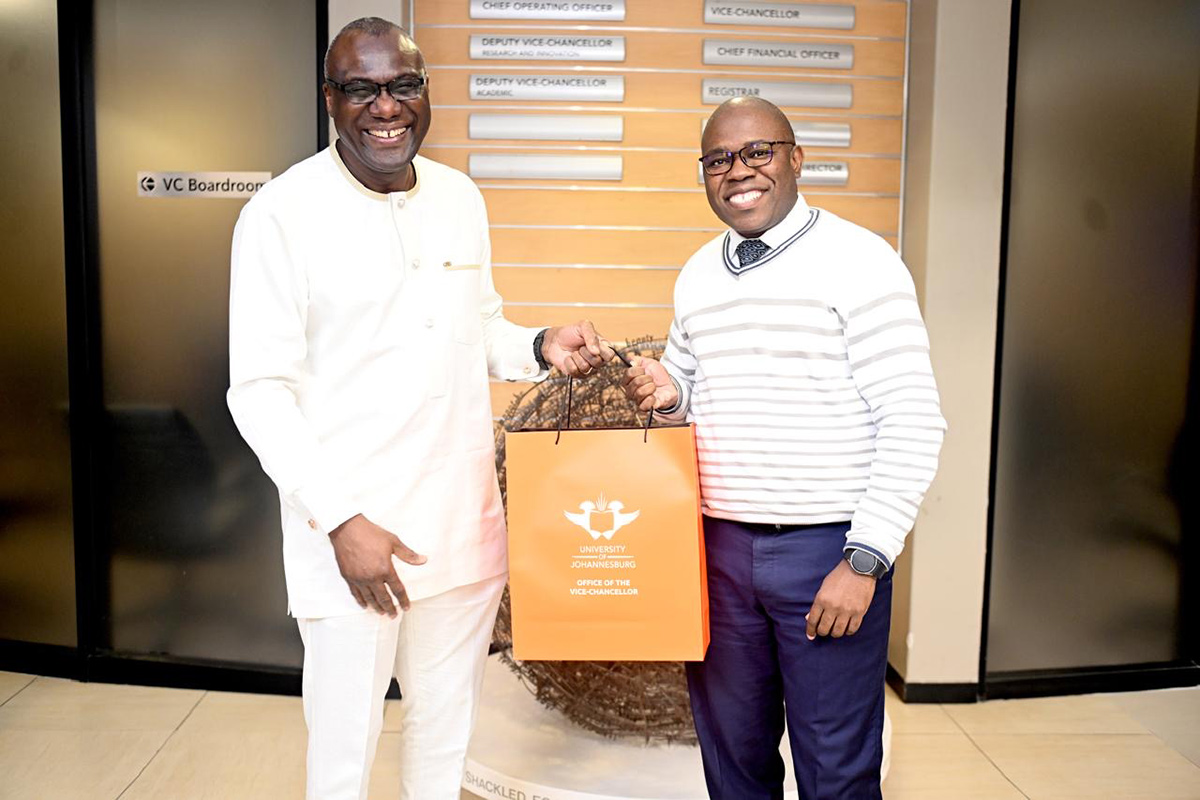
President Tettey with Letlhokwa Mpedi, Vice Chancellor and Principal at the University of Johannesburg
The Carleton delegation also met with Universities South Africa to talk about collaboration in two areas: mentorship opportunities through the organization’s Thuso Connect initiative, which focuses on the supporting early career researchers, and shared training on the use of AI in teaching through Carleton’s Hands-On AI series.
At South Africa’s National Research Foundation, discussions focused on the foundation’s forthcoming collaborative grants call and ways to draw in Canadian organizations such as the International Development Research Centre and MITACS.
Lastly, the group from Carleton met with James Christoff, High Commissioner for Canada in South Africa, and Caroline Bolduc, Canada’s Trade Commissioner in the country, and participated in the Africa Week science leadership summit at the University of Pretoria, where Tettey took part in two panel discussions.
“At Carleton we are always open to engaging with global partners who align with our purpose and our values in order to co-learn, share knowledge and advance our commitment to innovation that addresses complex issues and promotes inclusive and mutually flourishing communities,” said Tettey.
“We look at partnerships as truly authentic and meaningful collaborations, not as the North coming to the South or vice-versa. If we put our minds together in a common purpose, we can do amazing things together.”
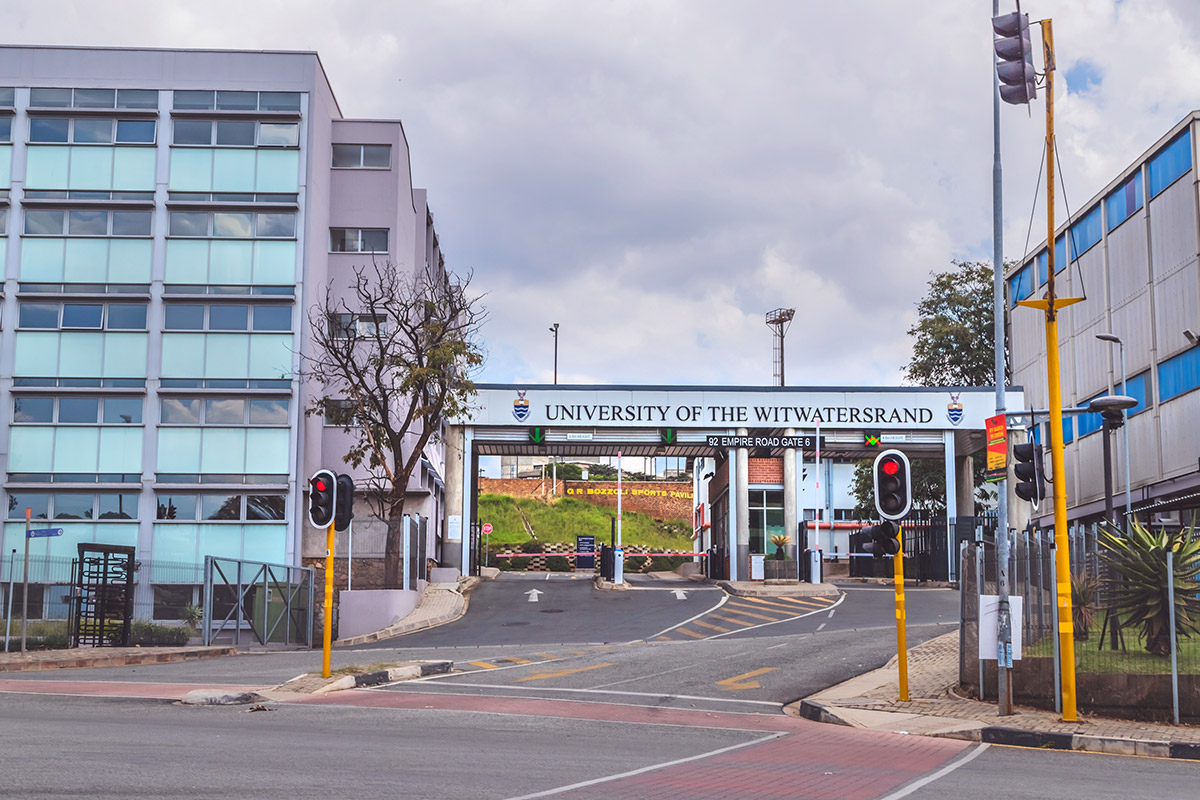
A Long History of Collaboration
Carleton has a long history of research and educational activity in Africa.
The university’s Institute of African Studies is the only stand-alone unit of its kind in Canada, an academic home for researchers such as South African-born Shireen Hassim, the Canada 150 Research Chair in Gender and African Politics.
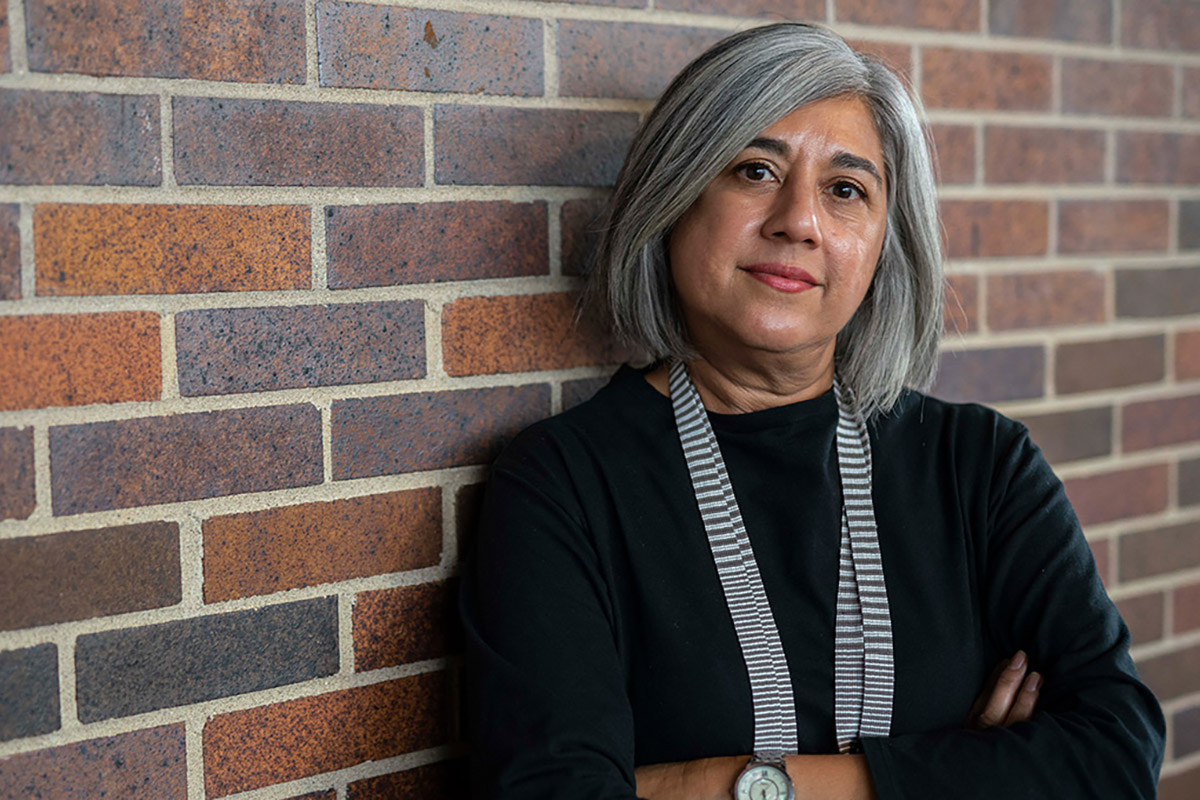
Canada 150 Research Chair in Gender and African Politics Shireen Hassim
Carleton also hosts initiatives like the Queen Elizabeth Scholars Programs, which supports cross-cultural exchanges with African universities for researchers who work in areas such as climate change and societal transformation.
“Meeting with our African partners was a vital step in deepening our international partnerships and fostering impactful, collaborative research and programs,” said Goubran.
“These important connections not only strengthen our global engagement but also create meaningful opportunities for the recruitment of graduate and undergraduate students, the establishment of joint and cotutelle programs, as well as exchange opportunities for both students and faculty, benefitting communities both locally and abroad.”
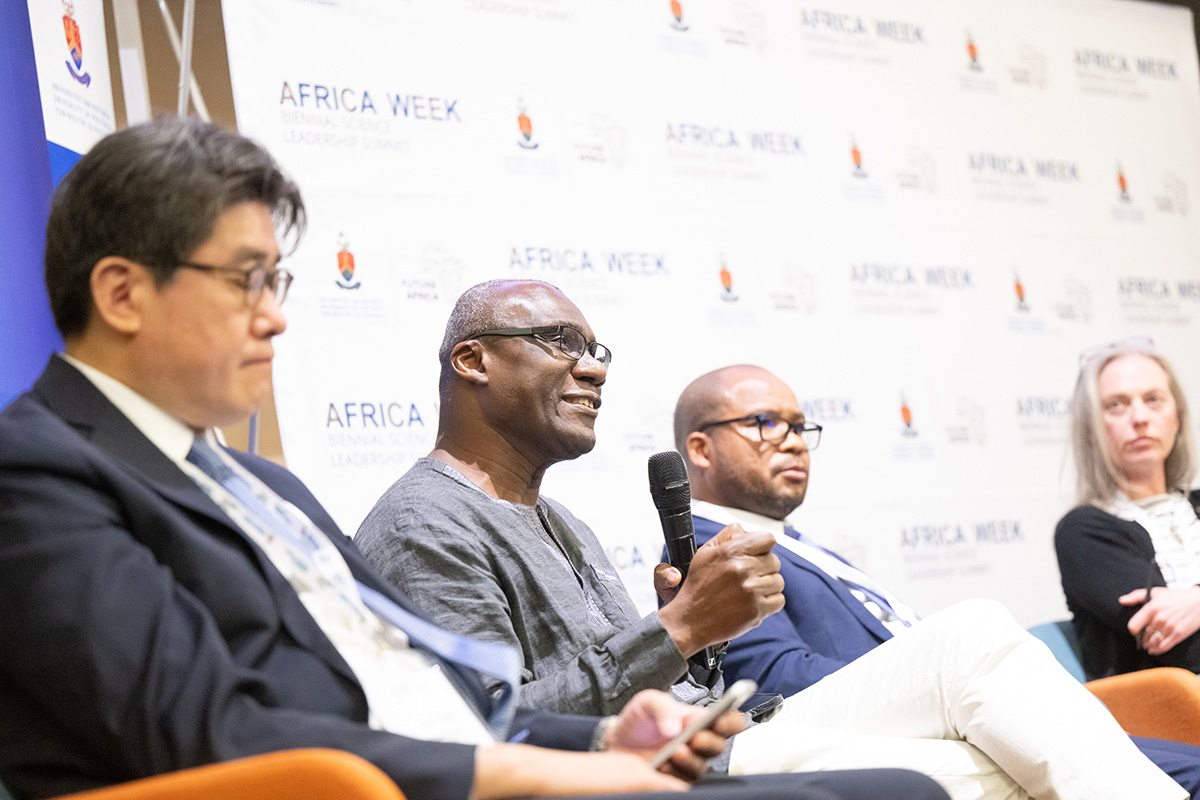
Canada’s First Africa Strategy
Carleton’s efforts in Africa are timely, coming in the wake of Canada releasing its first-ever Africa strategy this past March.
The federal government’s new foreign policy states that “at a time of global economic and geo-political volatility, Canada must seize opportunities to strengthen its economic and national security,” including engagement with Africa “toward greater economic cooperation, strengthened peace and security partnerships, enhanced engagement of African diaspora communities in Canada, and international assistance that supports economic development and youth employment.”
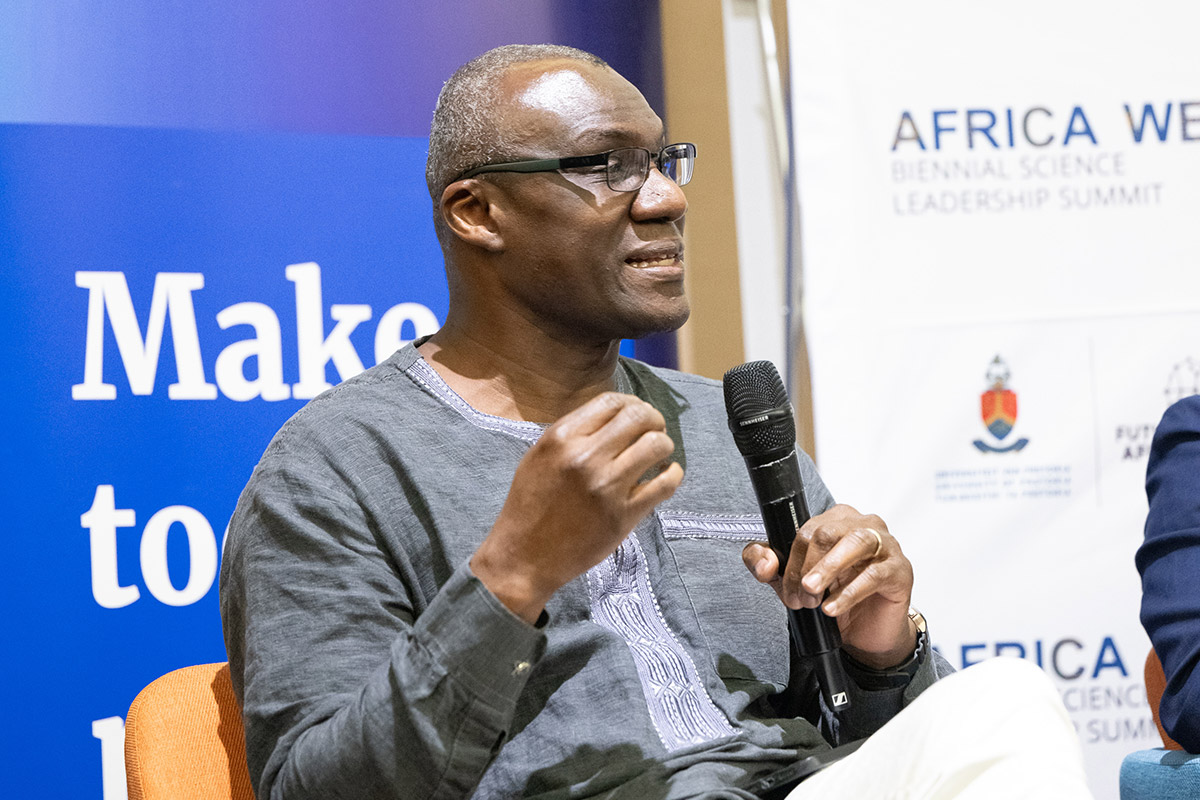
President Tettey participates in a Future Africa panel discussion during the Africa Week summit at the University of Pretoria
The strategy focuses on trade and investment but is less concerned with areas such as science, technology, innovation and education, according to Hornsby, creating opportunities for Carleton to take an active leadership role.
Networks like SACUN are poised to support this work by addressing “grand challenges that transcend traditional borders and boundaries,” said Hornsby.
“The challenges that we face have been unequally felt around the world, and countries in Africa have consistently been marginalized. This network rallies us to recognize that we have a lot in common and need to work together.”
First wide image (Entebbe) by Niranjanoak (CC BY-SA 3.0)
Second wide image (University of Cape Town) by fivepointsix / iStock
Third wide image (University of the Witwatersrand) by Rich Townsend / iStock
Friday, June 6, 2025 in Faculty of Arts and Social Sciences, Partnerships, President, Research
Share: Twitter, Facebook
